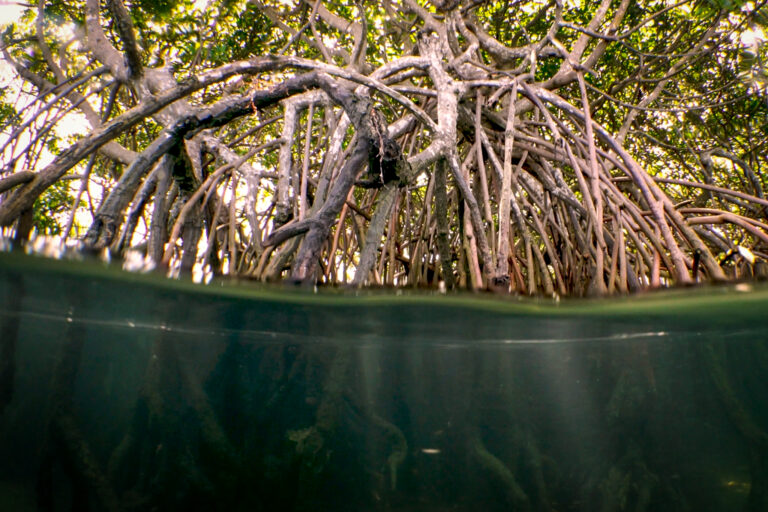Inside Climate News spotlights Winrock International’s work in Florida’s Everglades Agricultural Area
Inside Climate News, a Pulitzer Prize-winning nonprofit news organization focused on climate reporting and analysis, cited Winrock International’s carbon assessment work in Florida’s Everglades Agricultural Area in a feature story.
The article, entitled “In the Florida Everglades, a Greenhouse Gas Emissions Hotspot,” by Florida-based reporter Amy Green, states: “Growing evidence suggests that draining the water and exposing the peat also has made the region a significant source of greenhouse gas emissions, which are warming the global climate and contributing to impacts like hotter temperatures, rising seas and more damaging hurricanes.”
The article quotes Meenakshi Chabba, ecosystem and resilience scientist at The Everglades Foundation, which funded Winrock’s research in the region:
“This is one little spot nestled in a highly conserved area that is really a global emissions hotspot,” she said. “Right here is the Everglades Agricultural Area, which is bleeding greenhouse gas emissions and leading to global heating.”
The article continues: “The study, conducted by Winrock International, a nonprofit focused on social, agricultural and environmental issues, found that sugar cane production in the Everglades Agricultural Area accounted for more than 7.3 million metric tons of greenhouse gas emissions annually, an amount equivalent to that from 1.6 million gas-powered passenger vehicles driven for one year. The scope of the emissions would place the region among the top 100 greenhouse gas polluters in the U.S., in a league with the likes of Nebraska Public Power District (7.6 million metric tons) and East Kentucky Power Cooperative (7.3 million metric tons), which are 82nd and 83rd on the list, said Steve Davis, chief science officer at the Everglades Foundation.”
Read more about Winrock’s work in the Everglades in this Winrock Voices blog by Paul Christianson and Cody Kiefer; to read the full Inside Climate News story, click here.
Related Projects

